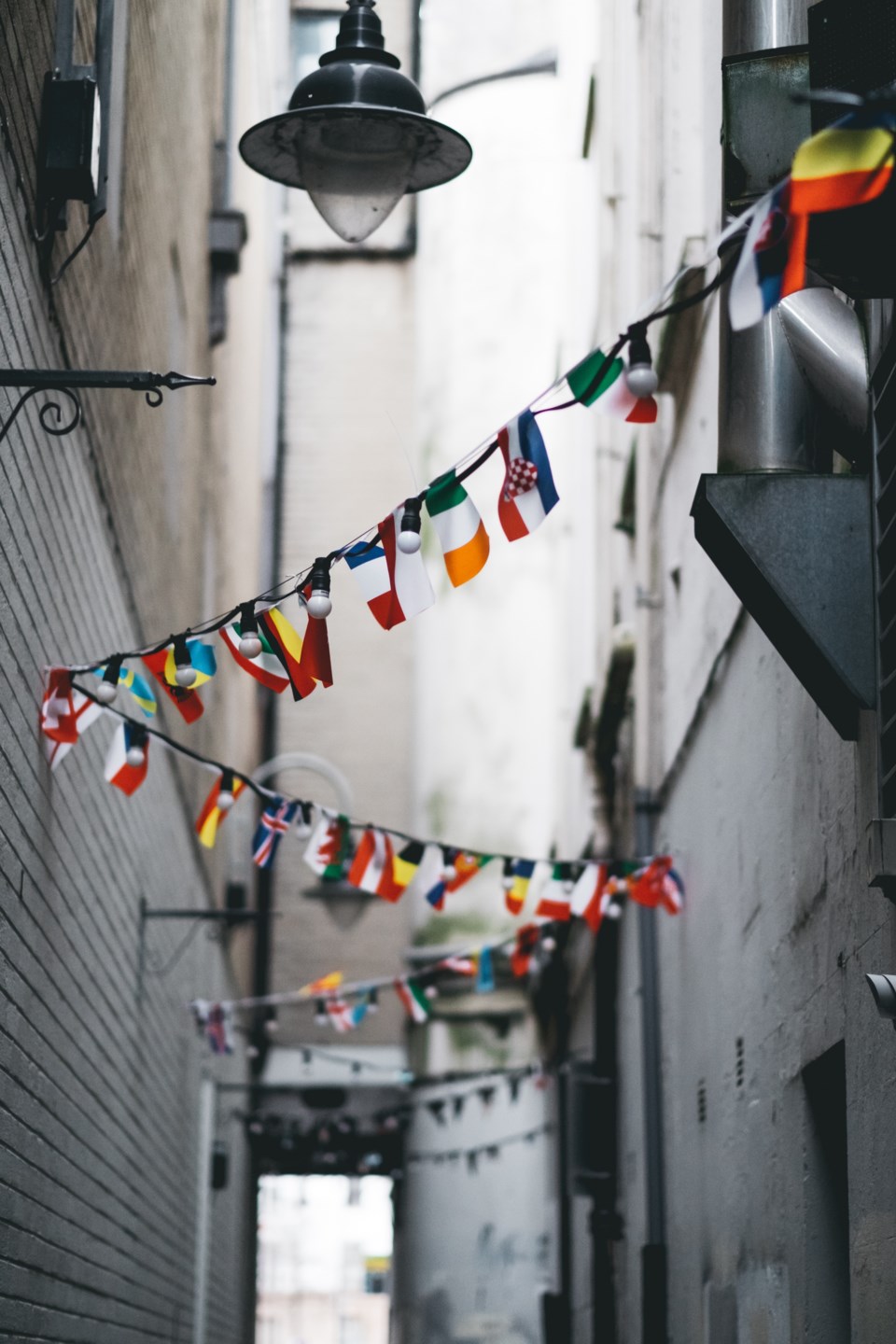 Today is Bastille Day. The date commemorates the symbolic beginning of the French Revolution with the storming of the infamous Paris prison, the Bastille on July 14, 1789. The emotional impact of that bit of French history was brought home to me at 2:00 in the morning on July 14,1995 when I was the resident United Church minister in Banff. I awoke to a rousing albeit drunken rendition of La Marseillaise, under my window. A sizable group of young French had just exited the bar next door at closing time. They assembled on my front lawn and lustily sang their patriotic anthem at precisely the same time as their compatriots in France, given the time difference. I must confess that I rolled over and didn’t invite them in for a night cap.
Today is Bastille Day. The date commemorates the symbolic beginning of the French Revolution with the storming of the infamous Paris prison, the Bastille on July 14, 1789. The emotional impact of that bit of French history was brought home to me at 2:00 in the morning on July 14,1995 when I was the resident United Church minister in Banff. I awoke to a rousing albeit drunken rendition of La Marseillaise, under my window. A sizable group of young French had just exited the bar next door at closing time. They assembled on my front lawn and lustily sang their patriotic anthem at precisely the same time as their compatriots in France, given the time difference. I must confess that I rolled over and didn’t invite them in for a night cap.
Displays of nationalism and patriotism can evoke different responses, depending on the context, and whether we are insiders or outsiders. Often religious fervor and nationalist fervor blend together, not always to good effect. There is a debate among some Christians about whether or not it is appropriate to display national flags in church worship space, because of the blurring of the line between nationalism and religion. The most extreme examples in the past would be the display of Swastika flags in German churches during the Third Reich, or blessing of various national flags in churches as Christian countries march off to battle (against each other) in WWI. Fighting for God and country is a potent mix.
The idea of using religion to further a national cause is not new. In 312 AD the emperor Constantine converted to Christianity and in the next year, he issued the Edict of Milan which proclaimed toleration of Christianity and other religions. A later emperor, Theodosius, took the additional step in 380 AD, of making Christianity the official religion of the Roman Empire. Religion would be a kind of spiritual glue to hold together a disintegrating political structure. European missionaries later brought Christianity to the Americas, inadvertently being agents of colonial conquest as well as spiritual messengers. The line between what is benign and what is aggressive, can be perceived differently depending on whose perspective is being considered.
Religion by its nature, is a mixture of culture and spiritual truth. Spiritual truth is like coffee and religion is the coffee mug that holds it. No one can give you hot coffee without something to put it in. The vessel we construct could be a mug made from glass or clay or paper or something else that is available from our culture … language, philosophy, historical events, national symbols, uplifting music. All of these vessels can help to make the ‘spiritual coffee’ accessible. The problem comes when you believe that your coffee mug is the only valid one, or worse yet, that all other mugs should be broken because they are too different from yours.
While religions have to be expressed in a cultural framework in order to be relevant in a given culture, they also need a spiritual checkup to make sure that they have not been taken over by nationalism, sectarian culture, self-interest, imperial dominance. We can do this when we become self-aware of whatever spiritual filter we are using to see things at the moment. Nationalism and patriotism have a parallel in religiosity and spirituality. One can be patriotic without being jingoistic and one can be religious without being spiritually intolerant. Spiritual balance is a worthy and necessary goal for the spiritual but not religious, as well as the religious. Happy Bastille Day and belated Happy sa���ʴ�ý Day!
 Larry Scott is a retired United Church minister living in Victoria.
Larry Scott is a retired United Church minister living in Victoria.
You can read more articles from our interfaith blog, Spiritually Speaking,
* This article was published in the print edition of the sa���ʴ�ý on Saturday, July 14 2018


